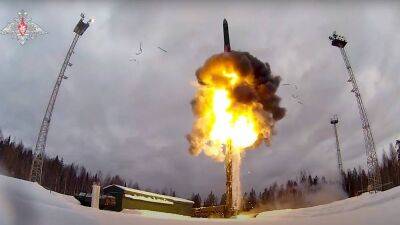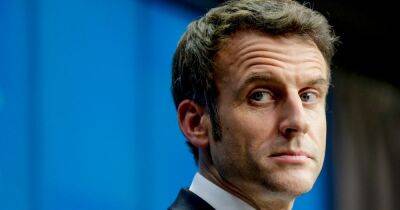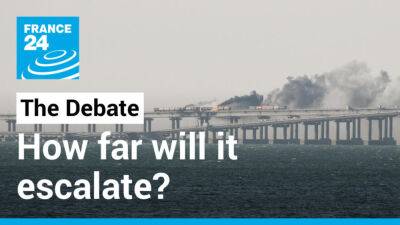How destructive are Russia's nuclear weapons and could it use them in the Ukraine war?
Over the past six months, Russia has repeatedly waved the threat of using nuclear force to have the upper hand in its war in Ukraine.
This week, President Vladimir Putin announced a partial mobilisation of reservists and issued another thinly-veiled threat of Moscow’s readiness to use nuclear weapons in the conflict.
His televised address came days after the Ukrainian army pulled off a surprise counteroffensive to recapture territory around its second-largest city, Kharkiv, in the east.
"I want to remind you that our country also has various means of destruction... and when the territorial integrity of our country is threatened, to protect Russia and our people, we will certainly use all the means at our disposal," Putin said.
"It’s not a bluff," he added.
The comments sparked alarm and outrage in the West, with US president Joe Biden accusing Russia of making "reckless" and "irresponsible" threats.
"A nuclear war cannot be won and must never be fought," Biden told the United Nations General Assembly, repeating a Cold War pledge from both countries to abide by the 1968 Treaty on the Non-Proliferation of Nuclear Weapons.
So, what nuclear weapons does Russia have at its disposal, and how destructive could they be?
Nuclear weapons have never been used in a war since 1945, when the two atomic bombs dropped by the United States on Hiroshima and Nagasaki devastated the Japanese cities and instantly killed tens of thousands of people.
"That's a 76-year tradition of non-use of nuclear weapons. And that is the single most important feature of the nuclear age, and we really want to keep it that way," Nina Tannenwald, senior lecturer in international relations at Brown University in the US, told Euronews Next.
The horror of the bombings







